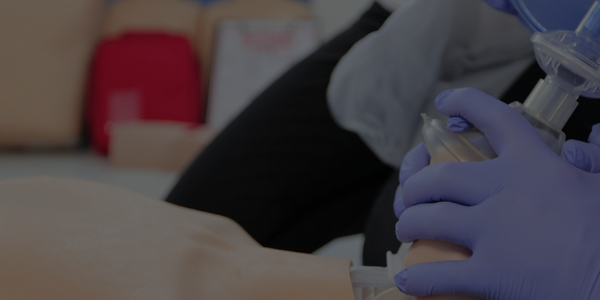Alcohol Intoxication
Alcohol intoxication, also known as drunkenness or alcohol poisoning, is negative behavior and physical effects due to the recent drinking of ethanol (alcohol). When severe it may become a medical emergency. Symptoms of alcohol intoxication include euphoria, flushed skin, impaired judgment, slowed reflexes, incoordination, slowed breathing and heart rate, confusion, and coma.
Complications of acute intoxication include dehydration, aspiration pneumonia, seizures and hypothermia. Alcohol withdrawal may follow acute intoxication. Alcohol intoxication results in impairment of brain function and alcohol is classified as a central nervous system depressant.
The amount of alcohol that can be biologically processed and its effects differ between sexes.
Alcohol intoxication affects the brain, causing slurred speech, clumsiness, and delayed reflexes. Alcohol stimulates insulin production which speeds up glucose metabolism and can result in low blood sugar which causes irritability and impairment in concentration.
The causes of abrasion are many, but in general they all have one thing in common: friction, or direct force applied to the skin. Common examples include contact with rough surfaces like sandpaper, concrete, stone, brick and carpeting; sliding down the road after falling off a bike; and scuffles on playgrounds.
Abrasions can be minor or severe, depending on how much of the skin is involved and whether there has been any damage to deeper layers such as muscle or bone. Minor abrasions are often called grazes or scrapes. Deep abrasions are called lacerations. They may occur together with other injuries such as fractures and sprains.
In people who have been drinking heavily over a long period of time, alcohol intoxication can develop into alcohol poisoning, which is a life-threatening emergency.
The signs of alcohol intoxication vary depending on the amount of alcohol consumed. However, some general symptoms include:
- loss of coordination
- slurred speech
- difficulty concentrating or thinking clearly
- vomiting or nausea
- slow reaction time or lack of reflexes
- vision problems
- extreme tiredness (fatigue) or sleepiness
Alcohol is a depressant that affects your brain, and can impair your coordination and judgement. Drinking too much — on a single occasion or over time — can take a serious toll on your health. Here’s how alcohol can affect your body:
Brain: Alcohol interferes with the brain’s communication pathways, and can affect the way the brain looks and works. These disruptions can change mood and behaviour, and make it harder to think clearly and move with coordination.
Heart: Drinking a lot over a long time or too much on a single occasion can damage the heart, causing problems including:
Cardiomyopathy – Stretching and drooping of heart muscle
Arrhythmias – Irregular heart beat
Stroke
High blood pressure
Liver: Heavy drinking takes a toll on the liver, and can lead to a variety of problems and liver inflammations including:
- Steatosis, or fatty liver
- Alcoholic hepatitis
- Fibrosis
- Cirrhosis
- Pancreas: Alcohol causes the pancreas to produce toxic substances that can eventually lead to pancreatitis, a dangerous inflammation and swelling of the blood vessels in the pancreas that prevents proper digestion
Some people who have alcohol intoxication may require urgent medical attention or even hospitalisation. Others may require only observation to ensure they do not injure themselves or others while intoxicated.
So please, drink responsibly and moderately!
Please note that regular First Aid and CPR Training is the best way to make sure that you’re prepare in the case of an emergency. Book a course with us!
Find this article useful? Read more of our blogs here!





